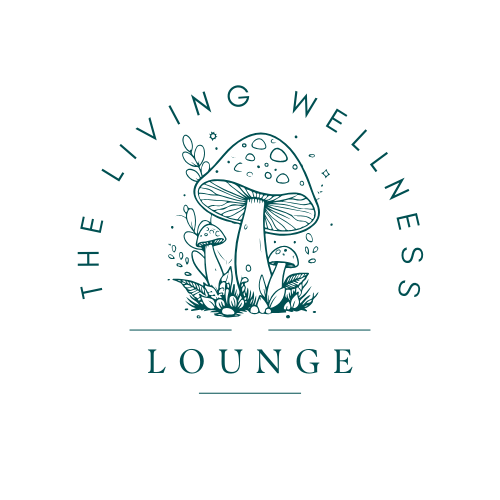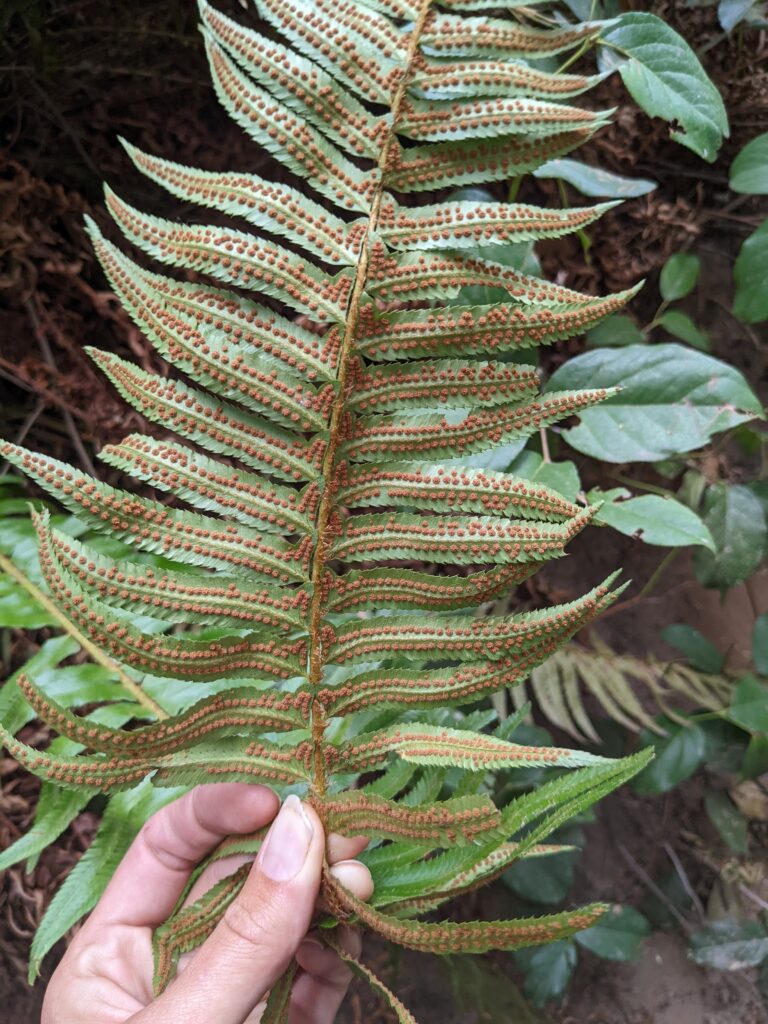Herbal Helpers, Herbal Medicine, Lifestyle Medicine, Reclaim Your Health
Navigating the Herbal Maze: The Internet’s Impact on Our Healing Journey’s
We’ve all heard that it’s a terrible idea to Google our signs and symptoms. That’s how we start self-diagnosing ourselves with something major, and we get panicky, thinking not only is something wrong, but it’s REALLY wrong. BUT this isn’t the only pitfall of our latest doctor, Google.
The internet is teeming with misinformation, not in a malicious way (although that too), but in a way where people are incentivized to get likes, clicks, and visits. Therefore, they put up information that may or may not be accurate. Many bloggers, journalists, and news outlets regurgitate the same information regardless of its factual basis.
This problem is especially challenging in the age of our herbalism renaissance. Even the most seasoned and acclaimed herbalists are losing arguments to the information on the internet.
Here’s how it happens:
Someone picks up a piece of incorrect information like Holy Basil (Tulsi) being an adaptogenic herb or that Kava causes liver toxicity. This information is then regurgitated by hundreds and hundreds of voices on the internet. So, upon a quick Google search, it appears there is GREAT consensus on these topics, but in reality, it’s just the internet paradigm.
It’s a real shame that this is happening. We, as herbalists, are losing our materia medica (the herbs we use) due to internet misinformation. It takes a lot of time and energy to argue with the internet, and many herbalists don’t have the capacity.
Plants, but more specifically those we use as herbs, are widely complex. Some say even more complex than the human body (which is pretty complex). There are plants we’ve been studying for years and still don’t fully understand how they work. We understand that they do work and for what purposes, just not the actual mechanisms behind it. So when we go to Google and type in a seemingly simple question and get a seemingly simple answer, we’re ignoring a world of complexity and nuance out there.
Our current sources of information erase the nuance that is life and that is so crucial for understanding ourselves and our healing journeys.
A non-herb example I’ll give you: Have you ever gone to Google and typed in “Is Sugar Bad for Me?”, “Is Gluten Bad for me?”, “Will beans give me gas?” These are all seemingly simple questions that should have seemingly simple answers, right? Eh… not quite. You see, questions like this ignore what’s relevant to the situation in which we’re asking. These questions don’t have context!
As we are all such bio-individual and unique beings, the world isn’t full of universal truths that can be easily ascertained from the internet. Nope, too much nuance. Is sugar bad if you eat it all day every day? Yes. Is sugar bad if you have a pinch here and there? Maybe not.
So next time you’re searching for something on the internet, I encourage great discernment and open dialogue <3.
Thanks for tuning in!
-Lila

